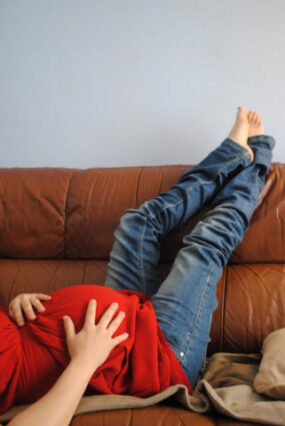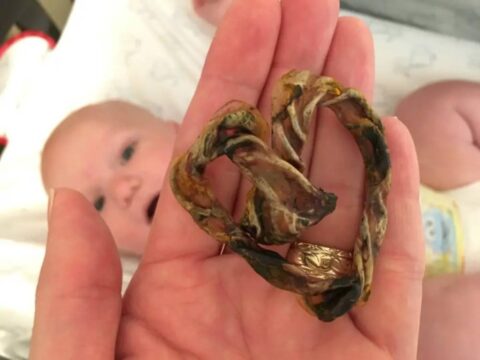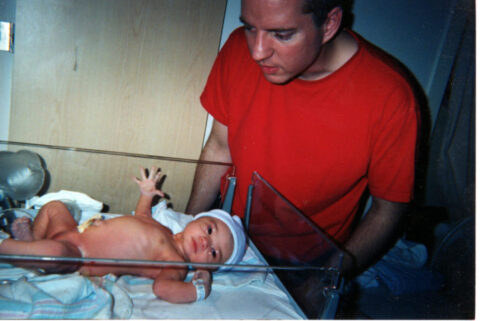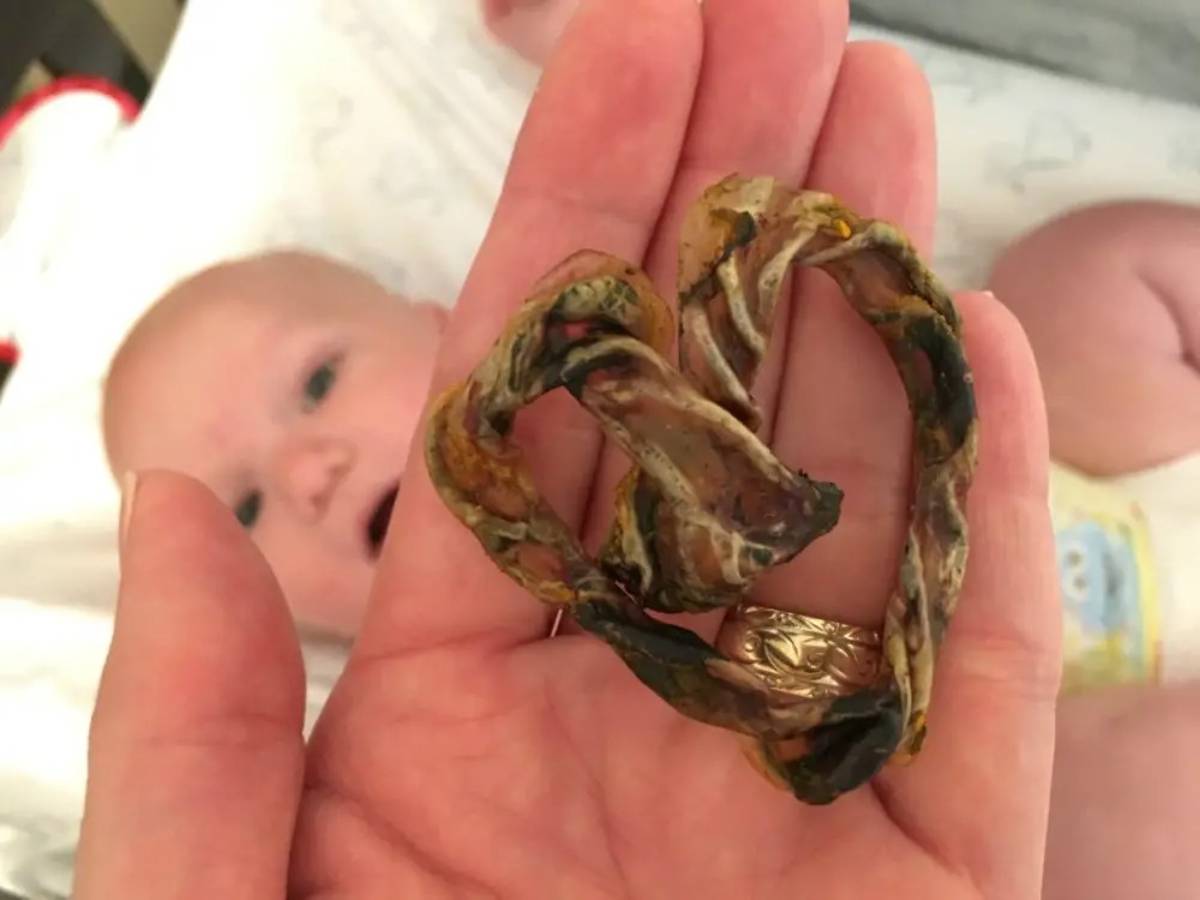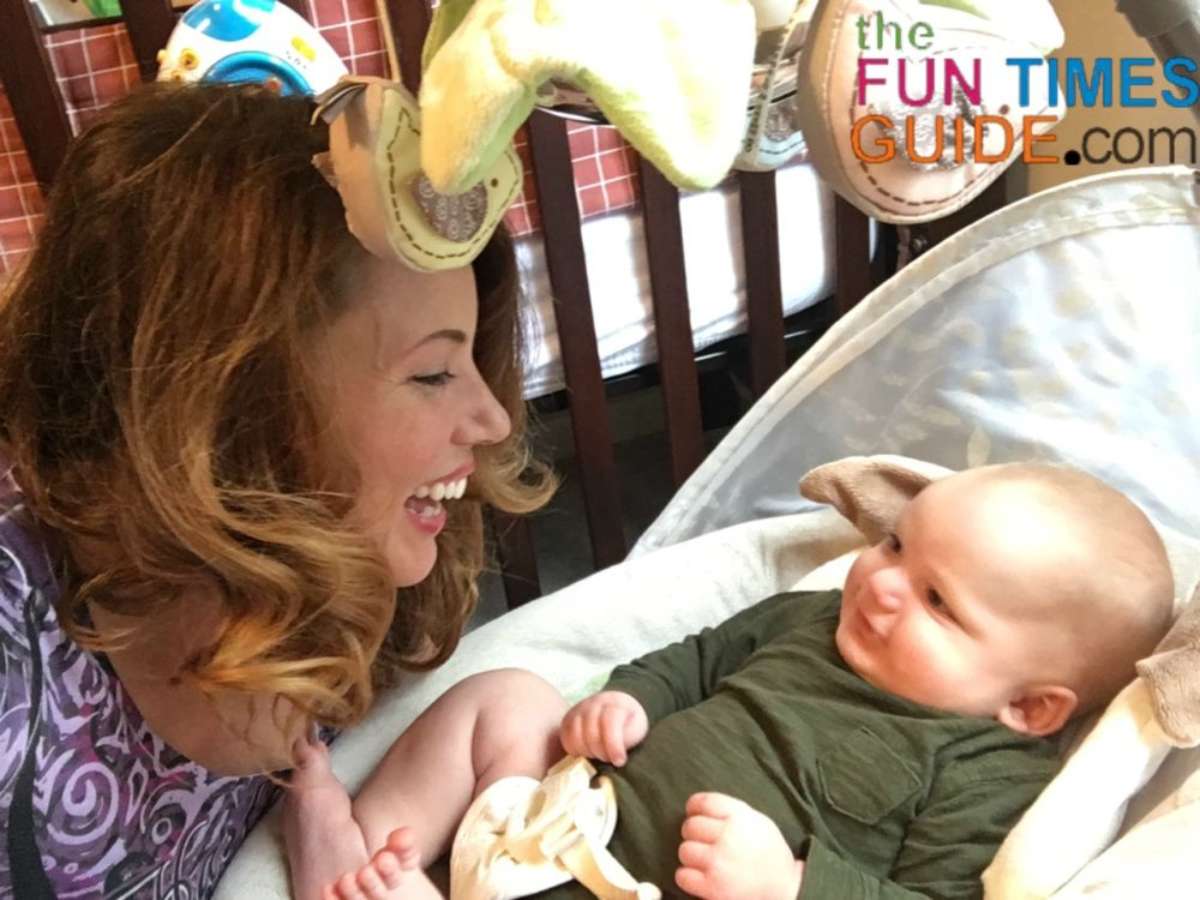It’s an unfortunate fact, but leg cramps are part of the pregnancy experience. Many women are plagued by painful leg cramps during pregnancy.
These pregnancy leg cramps show up most often during the second and third trimester, and they often strike at night when you’re trying to sleep.
Leg cramps during pregnancy are most often attributed to:
- Fatigue from carrying around additional baby weight.
- Restricted blood flow to the legs.
Leg cramps may signal one of two things: a lack of nutrients or dehydration. When your body doesn’t have enough water or sodium, your muscles can contract — this is what you feel as a cramp.
There’s no denying that pregnancy leg cramps:
- Can be incredibly painful
- Make it difficult to walk during the day
- Make it hard to sleep at night
Here’s how to prevent leg cramps during pregnancy and how to get relief if you’re currently experiencing uncomfortable leg cramps…
How To Get Leg Cramp Relief… Fast!
If the pregnancy leg cramps have already started and you need relief fast, do this:
- Stretch your legs. As soon as you feel a leg cramp coming on, straighten your leg and flex your foot (stretching your toes back toward your shin). Gently massaging the muscle may help to relax the muscle and relieve the pain.
- Stand on a cold surface. Many women swear by this old trick… as long as you do it right away when the cramp starts.
- Apply direct heat. Heat in the form of a heating pad, heating blanket, or warm bath can alleviate the camping.
- Massage your feet and legs. You can ask your partner to do it, get a professional massage, or do it yourself. The aim is to work the muscles in your calves and feet.
- Take acetaminophen. If you’re looking for a leg cramp medicine that works, acetaminophen is your best bet.
10 Ways To Prevent Pregnancy Leg Cramps
There are a few things you can do to prevent leg cramps — so you will be more comfortable and enjoy your pregnancy more:
- Stretch your legs throughout the day and before you go to bed. Start by standing with your feet shoulder width apart. Step forward about 18 inches with your left foot and keep the knee bent. (Hold onto the back of a chair for stability.) Stretch the calf muscle of your right leg by slowly straightening and bending the right knee, holding each stretch for about 10 seconds. Repeat several times for each leg.
- Stay hydrated by drinking plenty of water throughout the day. An occasional sports drink can help you to replace lost electrolytes. You’ll probably want to avoid drinking right before bed to avoid having too many nighttime trips to the bathroom.
- Elevate your legs when you’re lying down or sitting. When lying down, prop a pillow underneath your legs to keep them from aching. When sitting, use a footstool to raise your feet.
- Take a good daily multivitamin. Deficiencies in any of several minerals can increase the likelihood of muscle cramping. Check with your doctor for a vitamin recommendation based on what your body needs — according to your blood test results.
- Move around. Don’t sit in one place or with your legs crossed for long periods of time.
- Wear compression socks. Compression stockings add gradual amounts of pressure to your legs. The most compression occurs at your ankles, and the compression gradually decreases the higher up your leg the sock goes.
- Avoid sitting or standing for long periods of time.
- Eat bananas or other foods high in potassium. Low potassium levels can cause muscle cramping. Other fruits and vegetables high in potassium are: oranges, papayas, cantaloupe, and sweet potatoes. You should have 4,700 mg of potassium a day when you’re pregnant.
- Take a warm bath, and add a handful or two of Epsom salts to the water. The heat will soothe your leg cramps away, and the magnesium in the Epsom salts will promote muscle relaxation.
- Eat nuts and seeds or other foods that are high in magnesium. Low magnesium levels can cause leg cramps. Other foods high in magnesium are: whole-grain bread, pasta, beans, and dried fruit. You should have 350 to 360 mg of magnesium per day during your pregnancy.
- Wiggle your toes and rotate your ankles whenever you’re sitting down. Do this several times the entire time that you’re seated to prevent pregnancy leg cramps
- Drink a glass of tonic water. The quinine in the water has long been used as a remedy for muscle cramps.
Besides dietary changes, you can prevent leg cramps by revving up your circulation — take a 15- to 20-minute walk in the evening. Also avoid standing or sitting in one position for too long; both cause fluid to accumulate, making your legs feel heavy or full of pressure. Source
WARNING: Sometimes Pregnancy Leg Cramps Are A Sign Of Something Serious!
Leg cramps usually go away by themselves, and don’t require medical treatment.
However, the above tips do not help your leg cramps during pregnancy, if you have constant pain in your legs, or if you notice redness or warmth accompanied by swelling — notify your doctor right away.
Such symptoms could be caused by something more serious — like a blood clot, which requires immediate medical attention.
Leg cramps could also be a side effect of irregularities in your potassium or calcium levels.
Our guest author, Jennifer, has a college degree in Nursing along with a diverse professional and personal background. Her hobbies include golf and tennis. She enjoys frequent travel as well.
I like to help people find unique ways to do things in order to save time & money — so I write about “outside the box” ideas that most wouldn’t think of. As a lifelong dog owner, I often share my best tips for living with and training dogs. I worked in Higher Ed over 10 years before switching gears to pursue activities that I’m truly passionate about. I’ve worked at a vet, in a photo lab, and at a zoo — to name a few. I enjoy the outdoors via bicycle, motorcycle, Jeep, or RV. You can always find me at the corner of Good News & Fun Times as publisher of The Fun Times Guide (32 fun & helpful websites).
